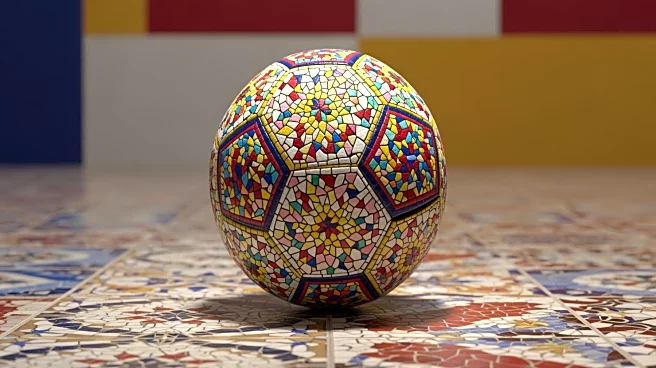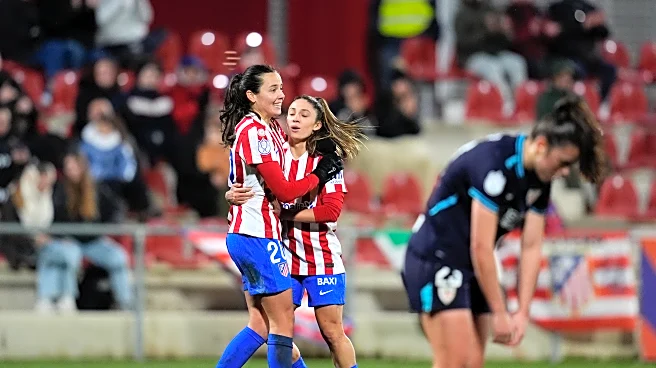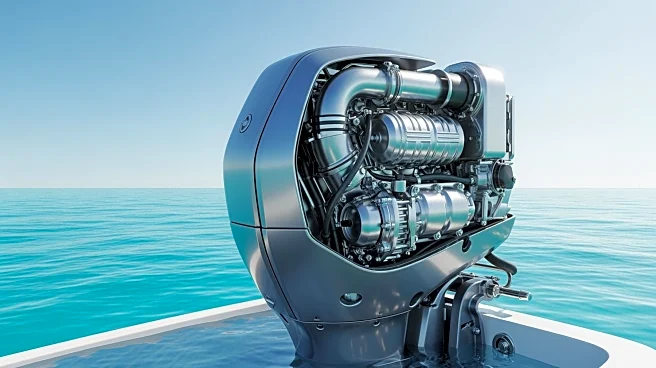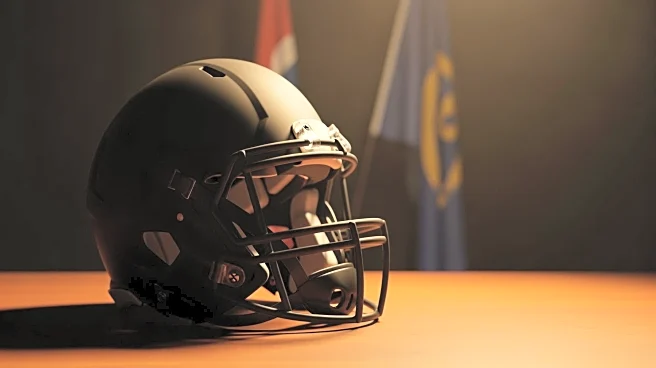What's Happening?
FC Barcelona, founded in 1899 by Joan Gamper, has established itself as a major symbol of Catalonia and its culture. Known for its attractive style of play, the club has won numerous titles, including
La Liga, Copa del Rey, and UEFA Champions League. The club's motto, 'Més que un Club,' signifies its role as more than just a sports entity, reflecting its cultural and social impact. FC Barcelona is owned and financed by its supporters, emphasizing its democratic structure and community involvement.
Why It's Important?
FC Barcelona's influence extends beyond the football field, serving as a cultural and political symbol for Catalonia. The club's commitment to its roots and its democratic ownership model highlight its unique position in the sports world. FC Barcelona's success has contributed to its global popularity, attracting fans and players from around the world. The club's ability to maintain its cultural identity while achieving sporting excellence underscores its significance in both local and international contexts.
What's Next?
As FC Barcelona continues to navigate the challenges of modern football, including financial pressures and competitive demands, the club's focus on youth development and strategic partnerships will be crucial. The ongoing renovations of the Camp Nou stadium and the club's commitment to social causes, such as its partnership with UNICEF, reflect its dedication to growth and community engagement. The club's future will likely involve balancing its rich heritage with the evolving landscape of global sports.
Beyond the Headlines
FC Barcelona's history is marked by political and cultural shifts, particularly during the Franco regime. The club's stance on Catalan independence and its role in political discourse reflect broader societal issues. The rivalry with Real Madrid, known as 'El Clásico,' is not just a sporting event but a cultural phenomenon that encapsulates historical tensions between Catalonia and the Spanish central government.










